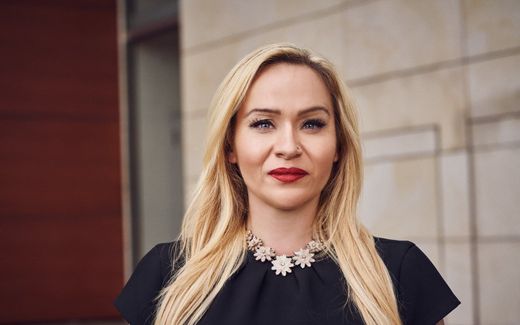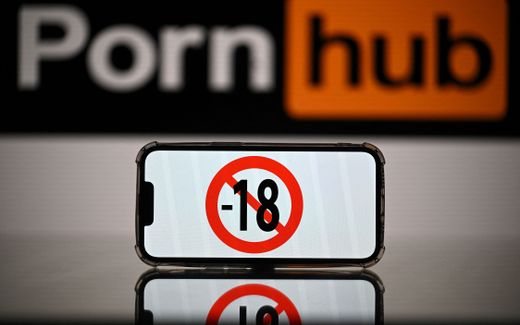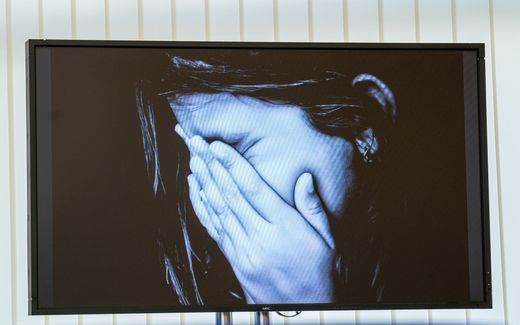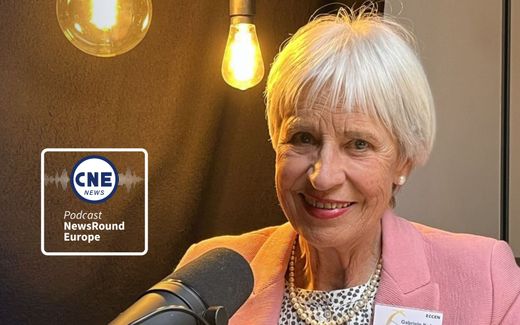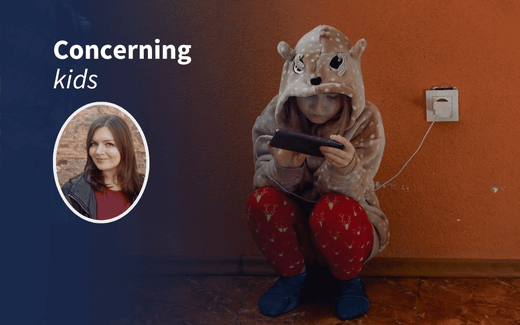Gene got entangled in the world of porn and prostitution, now he helps others to get out
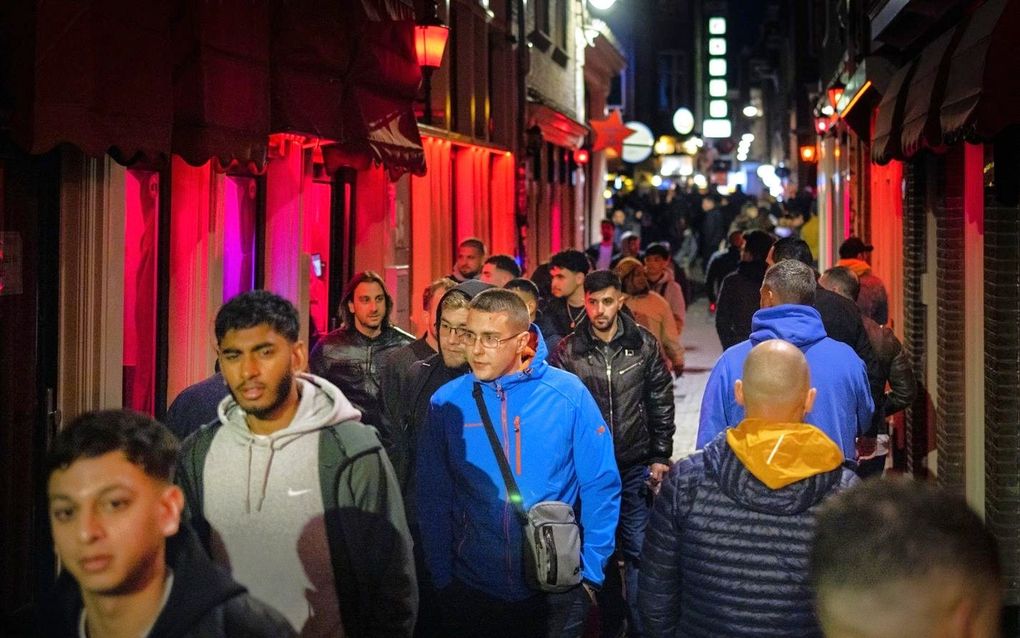
Dozens of men visit the red light district regularly. According to Gene McConnell, fighting human trafficking starts with understanding the sex buyers. Photo ANP, Ramon van Flymen
Christian Life
He was twelve years old when he first encountered images of naked women in sensual poses. Gene McConnell found hundreds of porn magazines in a shed at his cousin's house. He never expected that this confrontation would bring him in prison.
Stay up to date with Christian news in Europe? Sign up for CNE's newsletter.
Gene is only one of the men who came into serious trouble because of their sex addiction. The new documentary of the anti-trafficking organisation Exodus Cry, “Buying Her”, gives a disconcerting view on what sex addiction can lead to in the lives of common men.
Pastors, rabbis, CEOs and soldiers – men who buy sex from women in prostitution come from all walks of life, one of the women in the movie says. What drives these men who often have a family at home to turn into sexual predators once they are with a prostituted woman? That is the question Exodus Cry explores in its new documentary “Buying her”.
Abuse
In an overwhelming majority of the cases, the men tell that their sexual struggles already started during their childhood or teenage years.
So was the case with Gene. During his childhood, he often felt lonely. His parents were always busy, and he was starving for attention. On top of that, he was abused by a babysitter at the age of six.
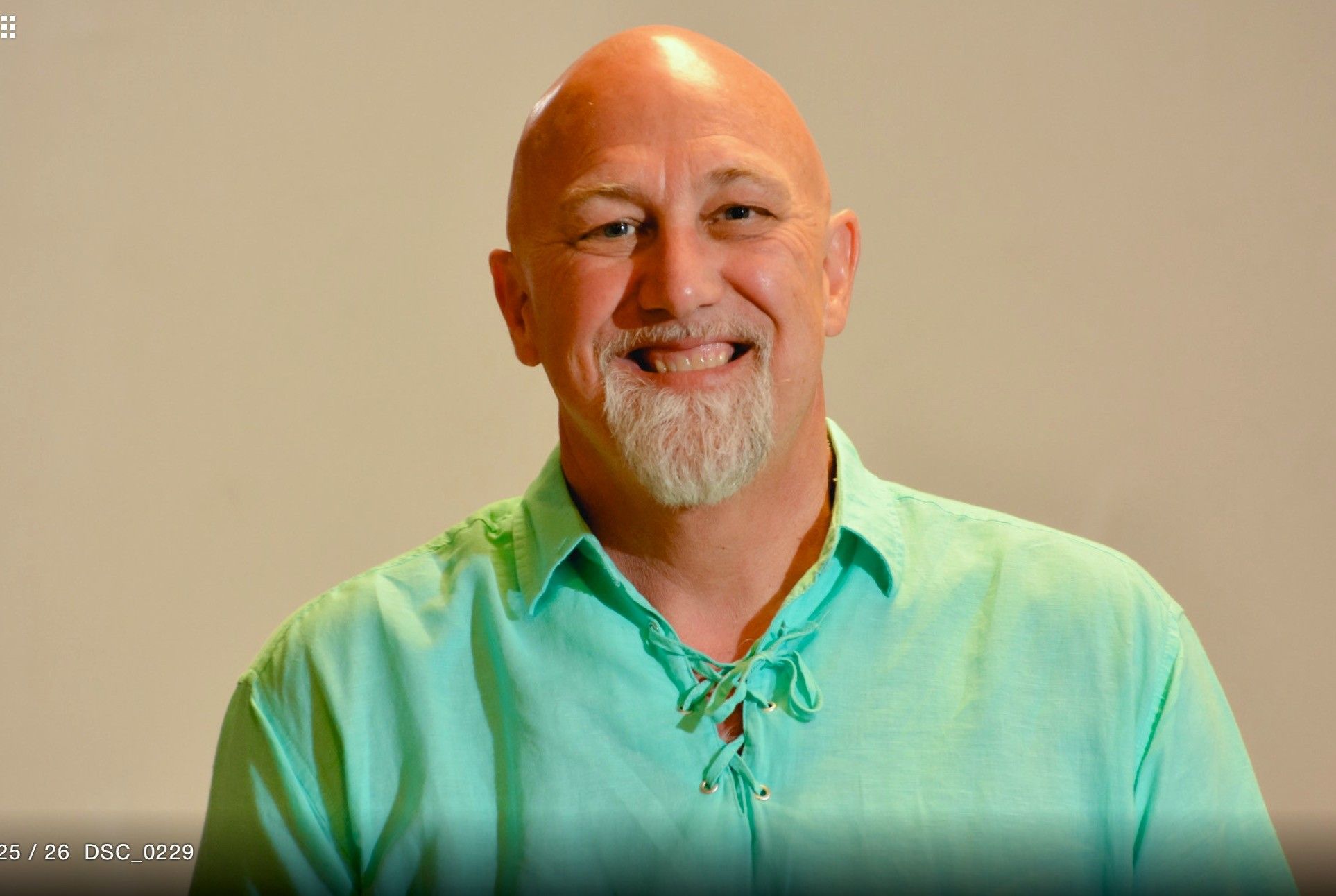
What was most complicated for him, at that age, was the fact that pain and pleasure could go together so closely. On the one hand, he carried a lot of pain because of the abuse in him, but on the other hand, he felt dirty and sinful, because he also enjoyed the attention he was getting during the abuse. Sadly, two other people recognised Gene's vulnerability and abused him later as well.
Looking back, this was the start of many years of struggle, he says. “What was most harmful is that I could not talk about the abuse and internalised all of my confusion and pain. I believed that there was something wrong with me, that there was a dark part of me that I should tell anybody about, because if they knew, they would reject me.”
Embrace
Unfortunately, Gene sought his refuge in pornography. At the age of 12, he encountered hundreds of magazines in the shed of his cousin. That became the beginning of his addiction. What he did not expect to find in the real world (affection, love, and being desired), he attempted to find in the images. “When I think of it now, at the age of 69, I must have been really desperate back then”, he says. “You have to feel really bad about yourself when you reach out to a piece of paper for an embrace and pay someone to love you”, he tells in a videocall from US.
“Pain is always there before porn”, says Gene, who has been a men and youth pastor and now organises retreats for people dealing with sexual addictions, among other things. Although men may pretend that they watch porn just because that's “cool”, in practice, he sees that there is no porn addiction which is not preceded by some form of pain.
This could be unprocessed hurt from the past, loneliness, incapability to deal with emotions, but the list is much longer, he says. Porn then serves as a “mood altering experience” that numbs the pain. And the problem is that this idea becomes so engrained in men's brains that they mistakenly take any feelings of pain for sexual desire after a while.
The content of the pornography even says something about the user, Gene explains. “If someone carries a lot of bottled up anger, he will likely watch violent images. But, like in my case, if someone is looking for attention and love, there will be much more content that says “I want you”.”
Prostitution
Not all men turn into violent rapists, but the men who do, and also those who visit women in prostitution, have always watched porn, “Buying Her” shows. In Gene's case, his addiction went from bad to worse. Even though he had stopped watching porn when he got married, he never dealt with the underlying problems that drove him into the arms of porn.
When his wife was pregnant, the trouble again started. His wife, dealing with her own trauma's, started to reject him. “And instantly, I thought that she had seen the dirty little boy I believed I was”, Gene says. His relationship problems once again pushed him over the edge into his addiction. This time, it did not stop at watching porn. Instead, Gene now also went to prostituted women. For about eight years, the situation went out of control, he says. Porn, strip clubs and prostitution were a regular part of his life during these years.
Until the situation really escalated. One day, he had a fight with his wife. Furiously, he walked out of the house and drove off to the gym. And there, he saw a woman and something snapped. “I just went up to her and asked for the way”, he reflects, looking back. “And when she turned around, I attacked her and pushed her into the car. She asked me what I was going to do, and I told her I was going to rape her. Her eyes turned into pure fear. That's when I realised I had made a serious mistake, and I backed out.” After the attack, Gene was arrested and sentenced to a prison term of almost a month.
Addiction
Looking back, this period was the start of his recovery, Gene says. But what really changed his life around was when he started talking about the underlying problems of his addiction. That started when a befriended pastor invited him to his house to talk about how he was doing as they had lost contact a bit. That was the first time, Gene really spilled his story and told him everything, from the abuse to his addiction. And there, he experienced for the first time that not all people rejected him because of his story.
However, it was not until he went to a trauma conference about sexual abuse, that he realised that the origins of his addictions and struggles with sexuality were actually connected to his childhood abuse and the unprocessed pain that had come with it. That was the start of his healing.
Because to deal with a sexual addiction effectively, you have to go to the roots of the problem, Gene says. “You can compare it to a tree. The addiction is just like a fruit, a symptom. You can cut the branches off, but that only delays the problem and doesn't get rid of it. Actually, pruning only increases the fruit. Stopping with watching porn is not the complete solution. To bring about real change, we have to understand where the problem comes from.”
The first step in this process of healing, Gene says, is bringing the problem to light. And that is also what the documentary “Buying Her” is meant for. Talking about the problem and acknowledging that many men are struggling with a sexual addiction is scary, but also very important, Gene emphasises.
By telling his own story, he hopes that men will gather the courage to share theirs as well. “Men don't want to put their heads on the table. But if I say, hey, I was one of these people too, then there can be change. I can show them that I have no problem admitting my mistakes, that I did not lose my connections because of my story and that my life is going extremely well now. And hopefully that encourages them to share their pain too. We need to create a pathway for men to step up and come into the light. You can't heal what you hide.”
Especially Christians should be aware of that, Gene adds. “God Himself is light, in Him there is no hiddenness. Whatever I am struggling with, I know that when I confess it to God, He can take away all the mess I created. Our struggles are never greater than the cross.”
How can we help?
Loneliness is more prevalent than ever before, parents have never been as busy, and the internet makes porn available at any time and place. What can we do to combat this new epidemic? Parents, schools and churches should play an important role when it comes to sexual struggles, Gene McConnell says.
Parents
For parents, it is important to realise that they can never completely shield their children from pornography and sexual imagery, Gene says. “It is impossible for children to grow up in innocence. When I was a little boy, I could only consume porn via the spill-over effect. Others had bought it, and when they threw it out, I could consume. Nowadays, the whole Western culture is sexualised. Unfortunately, young men are far more advanced when it comes to these things.”
“Parents should have lots of small conversations about certain topics and keep the way open for conversations.”
So what can parents do to protect children? “It's not mainly about protection anymore”, says Gene. “The better way to see this now, is how do I empower them? How can I provide them with tools to navigate the online world?”
And that empowerment starts by raising emotionally sound children, he adds. It is impossible to shield children from any encounters with porn at all, but “those who are secure about who they are, will push it aside and walk away. They don't need porn, because their needs are met and they won't need to porn to deal with pain.”
To raise emotionally stable children, parents need to ensure that children have the space to share their emotions, stories and troubles with them. And it's not about having the conversation about sexuality with them, Gene emphasises. “Instead, parents should have lots of small conversations about certain topics and keep the way open for conversations. Actually, they should check in with their children on a regular basis. The better connected children are to people around them, the less vulnerable they are to become addicted to sex.”
Schools
Schools can help children by working on relational skills, Gene explains. “They can help kids understand the concept of dignity. What does safe touch look like? What does it mean to have a voice? But the relational aspect is the most important. Kids should be equipped with relational skills so they become connected to others.”
“We should show children that it is healthy to talk to people they feel safe with.”
Talking about the problem is very important, he says. “We should show children that it is healthy to talk to people they feel safe with. If they can deal with their problems in a healthy way, it is much easier for them to navigate in this world.”
In addition, schools could open up the conversation by bringing in people who have experienced the consequences of porn addictions. This could be survivors of prostitution, but also a law enforcement officer or former sex buyers, Gene says. In any case, schools need a solid programming to bring up the topic.
Churches
When it comes to members who struggle with a sexual problem, churches shouldn't implement a ban immediately, Gene argues. Instead, he pleads for a restoration plan. Especially the church should be the place that models restoration, he says. “When someone fails and needs help, they should not receive additional punishment by detachment. Although some temporary distance may be necessary.”
Gene, who founded the organisation “Authentic Relationships International”, provides guidelines to churches that encounter these problems. He has a clear pathway in mind when it comes to restoration of people who fight with a sexual addiction.
“Every person in church sees how the church deals with those who fall.”
First, he argues, churches should appoint an accountability person. This could be an elder, pastor or someone else who is knowledgeable about these issues. If necessary, professional counselling should be called in, or the person should be sent to a treatment programme.
In addition, churches could set up support groups within the church with people who struggle with this same problem. These could be small groups, for example.
And lastly, the church should strive for reconciliation between the perpetrator and those who whom they have harmed. This, he warns, can take a long time, and is not always possible.
Churches should keep in mind that the process in general can take a long time. Even when a person has gone through different stages of the process, revisits are necessary, Gene says. “Check how they are doing. And then, at some point, they can become part of the church again if they have been put at a distance.”
In general, churches should be very aware of the normative role they play, Gene concludes. “Every person in church sees how the church deals with those who fall. And if these people are casted out, they will never start talking about their own problems. That destroys any chance for conversation.”
Related Articles



